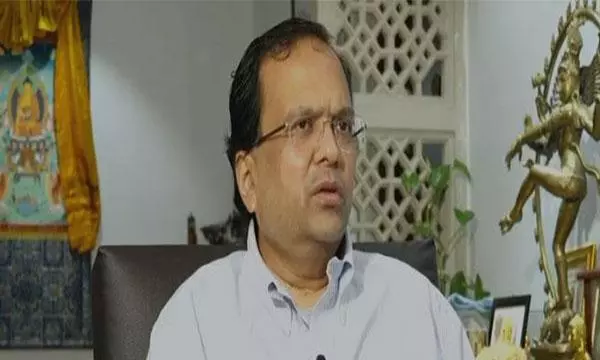States to Impose Night Patrolling on Hosp. Premises

New Delhi: Union Home Secretary Govind Mohan and Health Secretary Apurva Chandra who co-chaired a virtual meet with Chief Secretaries and DGPs from all states and Union Territories urged them to enhance hospital security. They recommended increased night patrolling, regulating access to key areas, and installing CCTVs in vulnerable spots.
The integration of CCTV footage with the 112 emergency helpline and improved awareness of legal protections under the Bharatiya Nyaya Sanhita were also recommended.
Mohan emphasised the need for installing CCTV cameras in blind spots, enforcing access control in large hospitals, and increasing security awareness through visible displays of legal protections. He also called for regular security audits by district magistrates and police, along with police verification of outsourced staff.
Chandra encouraged states to implement innovative security measures and conduct joint security audits at district hospitals and medical colleges. He stressed the importance of regular checks on security personnel, routine patrolling, and the establishment of control rooms at large health facilities. Distress calls should be promptly attended to, and security and fire drills should be conducted regularly.
State officials reported that many large medical colleges and district hospitals now have police outposts, with increased patrolling and active sexual harassment committees. They also noted improvements in CCTV surveillance, including coverage of dark areas and cloud storage for security footage. Additionally, audits are being conducted to prevent misuse of hospital spaces, and measures are in place to regulate the duty hours of resident doctors and provide security escorts for women returning to hostels at night.
The meeting was held to discuss ways to ensure implementation of basic safety measures to protect medical professionals amid rising concerns over workplace violence.
The meeting's directives follow a recent Supreme Court order in the Kolkata junior doctor rape-murder case, which mandated that states establish adequate safety protocols for healthcare workers until the court-appointed National Task Force develops a formal protocol. This meeting follows the National Task Force's initial session, chaired by the Cabinet Secretary, on Tuesday.

